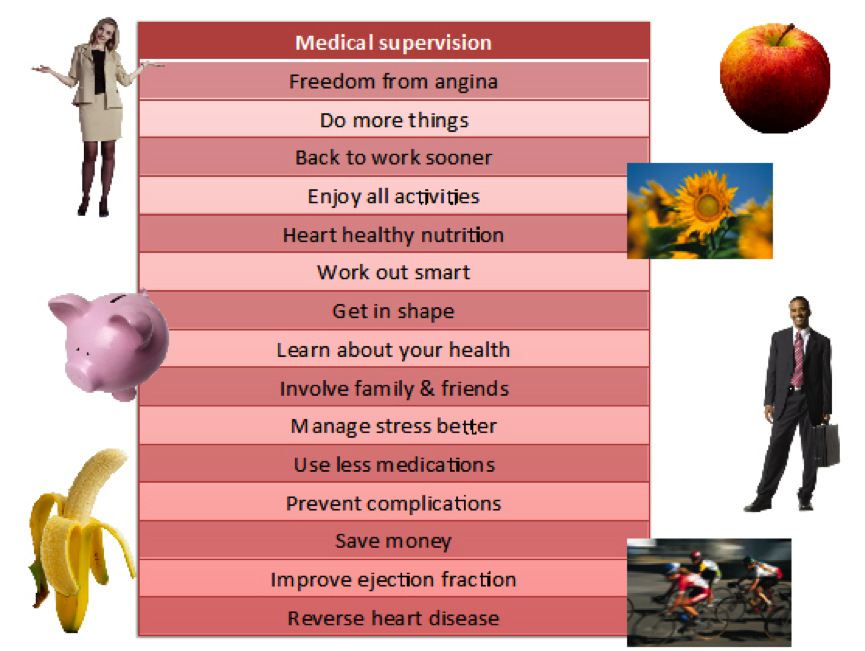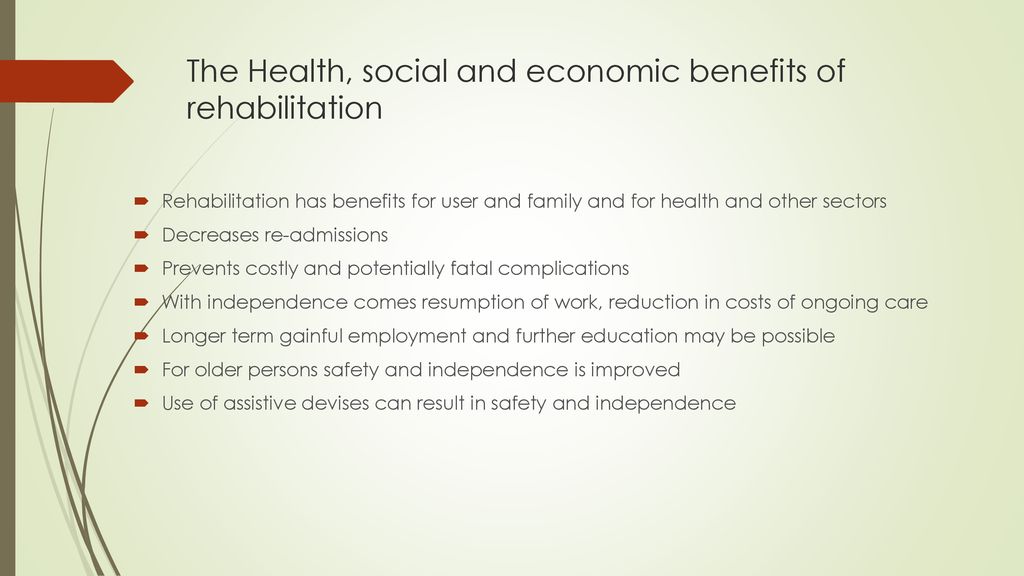The Only Guide to Narconon Africa
Wiki Article
Getting The Narconon Africa To Work
Table of ContentsNarconon Africa Things To Know Before You BuyThings about Narconon Africa9 Simple Techniques For Narconon AfricaOur Narconon Africa IdeasThe 7-Minute Rule for Narconon AfricaExcitement About Narconon AfricaThe smart Trick of Narconon Africa That Nobody is Talking About
In a series of papers with Manudeep Bhuller and Katrine V. Lken, we overcome these information difficulties and the nonrandomness of imprisonment, offering brand-new insights right into exactly how incarceration influences regression, employment, youngsters, and criminal networks - Drug rehab success. Number 1 Our job studies the impacts of imprisonment in Norway, a setup with two essential advantagesWe can even more link this information to other relative, including children and siblings. We have information on co-offending that allows us to map out criminal networks for observed criminal activities. Second, we can take advantage of the random task of criminal cases to judges that vary in their tendencies to send defendants to jail.
Some judges send out defendants to jail at a high rate, while others are more tolerant. We determine a judge's stringency as the average incarceration price for all various other situations a judge manages, after controlling for court and year fixed results, which is the degree of random assignment. This quasi-random assignment of judge stringency can be used as an instrument for incarceration, as it strongly predicts the judge's choice in the present case, but is uncorrelated with various other situation qualities both by style and empirically.
The Best Strategy To Use For Narconon Africa
Features of prisoners, consisting of demographics and crime groups, are extensively comparable in Norway and other countries, including the USA, with the exemptions that the United States homicide rate is a lot higher, and race plays a bigger role there as well. What stands out as different, specifically compared with the United States, is the jail system.Figure 2In Norway, the typical time spent in prison is a little over 6 months, which is similar to most other Western European countries. This contrasts with typical United States prison time of practically three years, which remains in large part the reason the United States is an outlier in its incarceration rate contrasted with the remainder of the globe [Number 1]
Not known Factual Statements About Narconon Africa
This provides far more splitting up in between small and solidified lawbreakers than exists in the United States. There is no overcrowding in Norwegian prisons and much better personal safety and security, with each prisoner being appointed to their very own cell and a higher inmate-to-staff ratio than in the United States (https://penzu.com/p/d414c8c9ee736abf). Jails in Norway also provide well-funded education and learning, drug treatment, mental health and wellness, and task training programsOur research on the results of imprisonment on the culprit, utilizing the arbitrary task of judges as a tool, returns three key findings. Imprisonment prevents further criminal behavior. We locate that incarceration lowers the probability that an individual will certainly reoffend within 5 years by 27 percentage points and decreases the matching number of criminal charges per individual by 10 charges.
Our Narconon Africa PDFs
We discover substantial declines in reoffending likelihoods and cumulative billed criminal activities even after offenders are released from prison. Our second outcome is that bias as a result of selection on unobservable private attributes, if overlooked, causes the wrong verdict that time invested in jail is criminogenic. If we merely contrast criminal defendants sentenced versus those not sent out to prison, we discover positive organizations in between incarceration and subsequent criminal activity.This stands in comparison to our analysis based on the arbitrary job of judges, which locates an opposite-signed result. Third, the decrease in criminal activity is driven by people that were not working before imprisonment. Among these individuals, jail time increases involvement in programs guided at enhancing browse this site employability and lowering relapse, and this inevitably increases work and profits while discouraging criminal actions.

Imprisonment causes a 34 percentage point boost in participation in job training programs for the formerly nonemployed, and within five years their work rate rises by 40 percentage factors. At the same time, the likelihood of reoffending within 5 years is reduced by 46 percentage points, and there is a decrease of 22 in the average variety of criminal charges.
Narconon Africa - An Overview

A possible explanation for the difference is that Norway's jail system differs significantly, both in terms of prison-term size and jail problems, from the United States prison system. While recognizing the results of incarceration on the offender is a crucial initial step, recording spillover impacts is likewise important for reviewing criminal justice policy and designing reliable prison systems.
Getting The Narconon Africa To Work

Regular the very least squares estimates expose that children of incarcerated dads are 1 portion factor most likely to be billed with a crime, about a mean of 13 percent, and reveal no result on school grades. Utilizing our court stringency tool, we find no analytical evidence that a dad's incarceration influences a child's own crime or institution grades, however we are not able to dismiss modest-sized results.
The Best Guide To Narconon Africa
We define criminal teams based on network links to prior criminal situations. When a criminal network member is incarcerated, their peers' probability of being billed with a future criminal offense lowers by 51 percent points over the following four years - https://www.avitop.com/cs/members/narcononza12.aspx.Report this wiki page